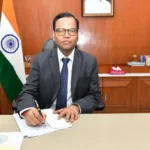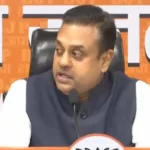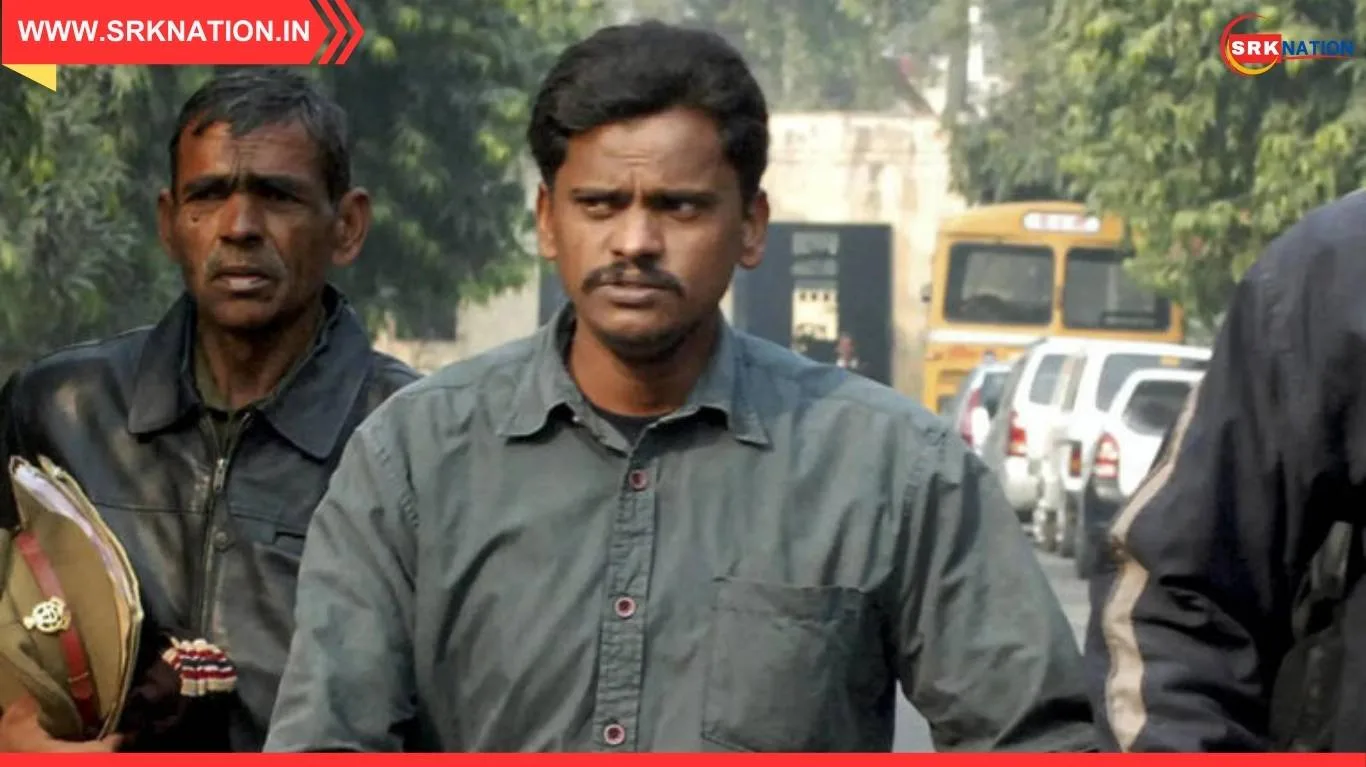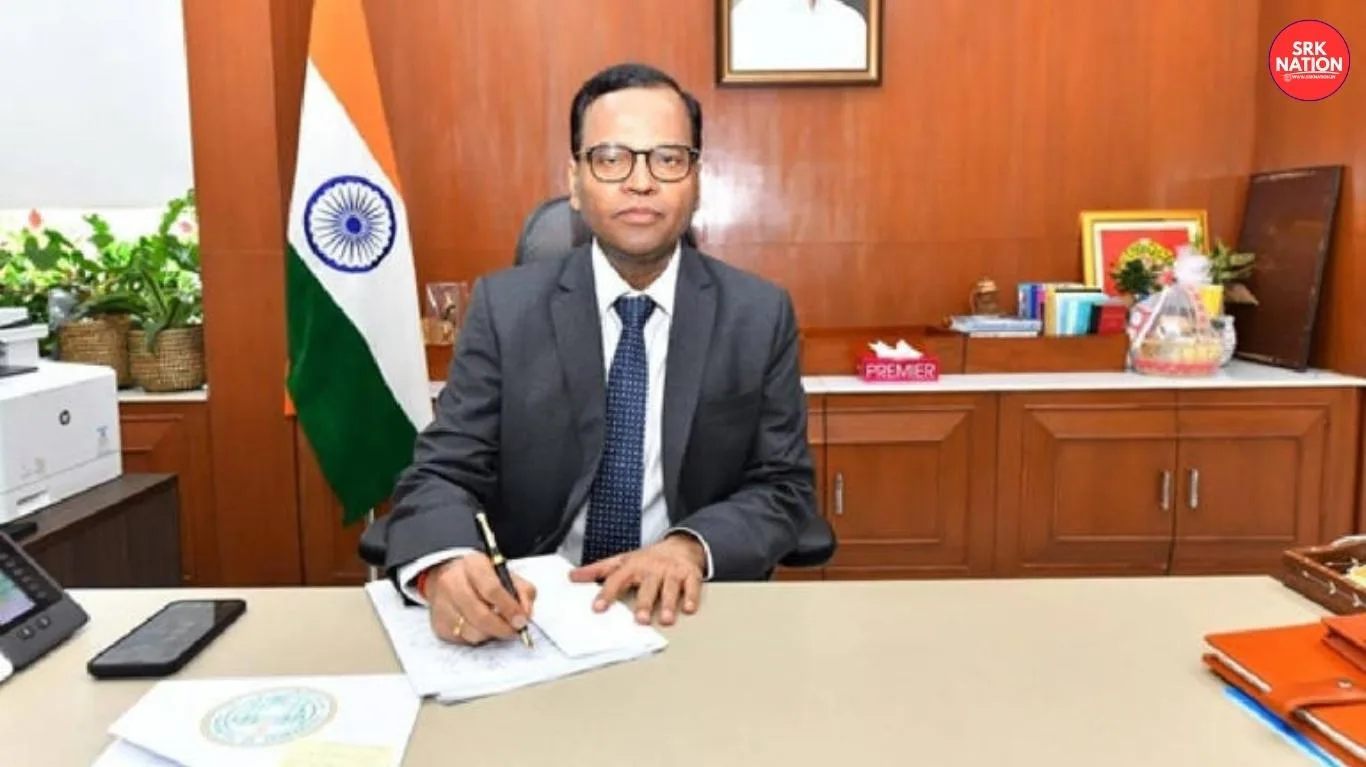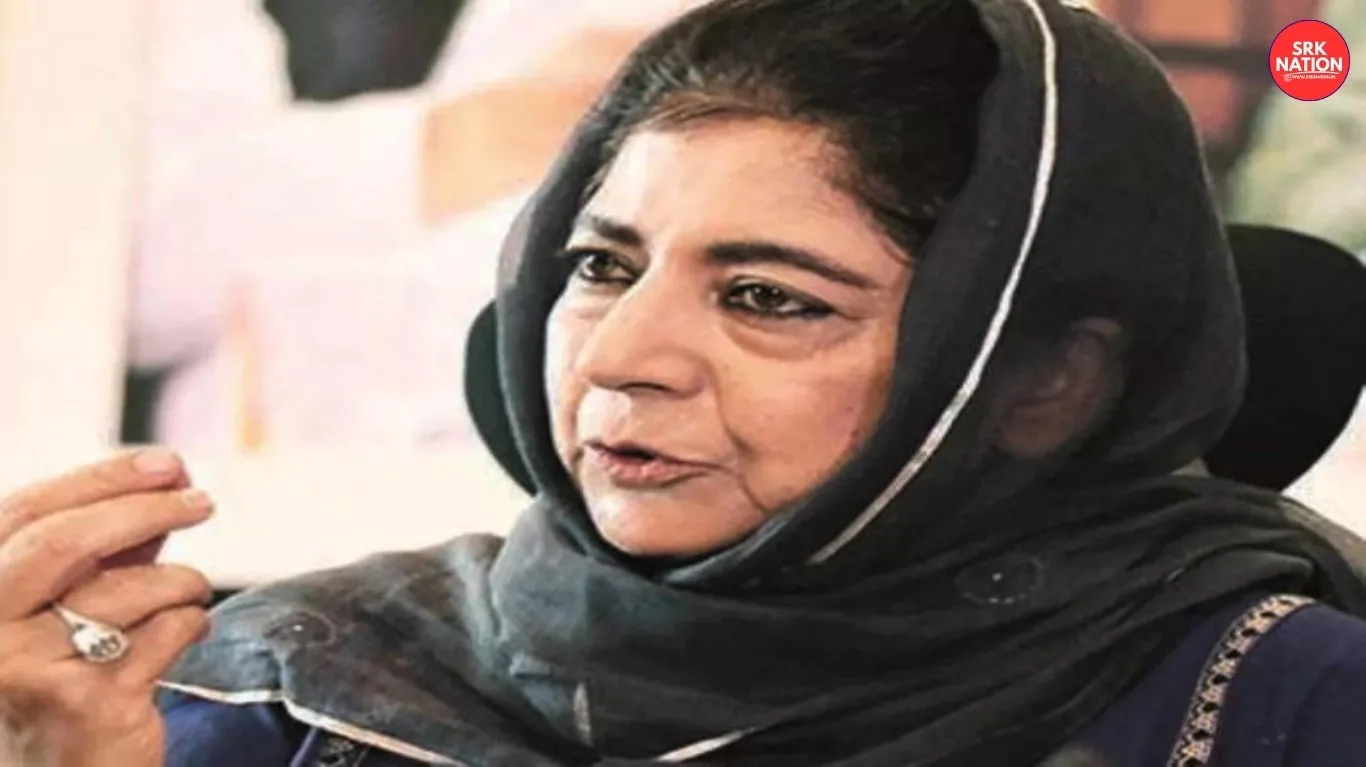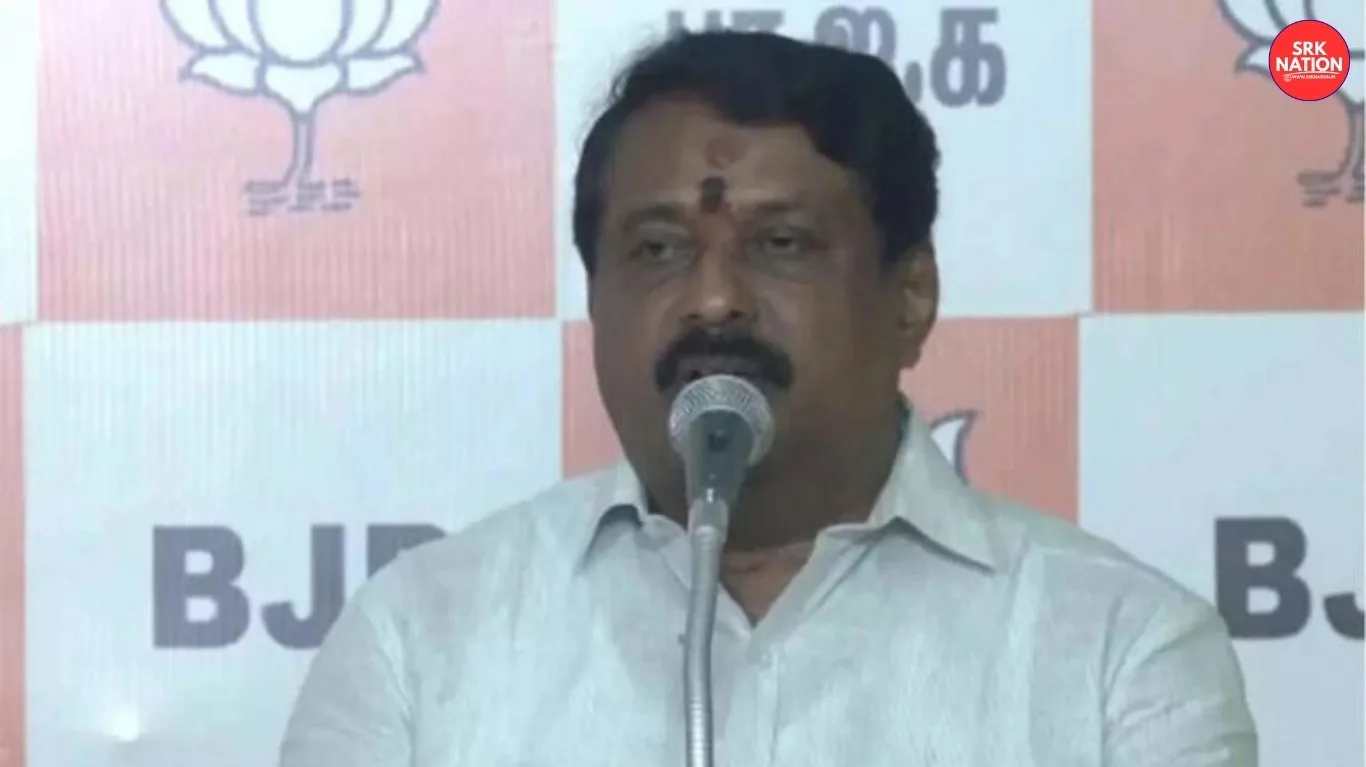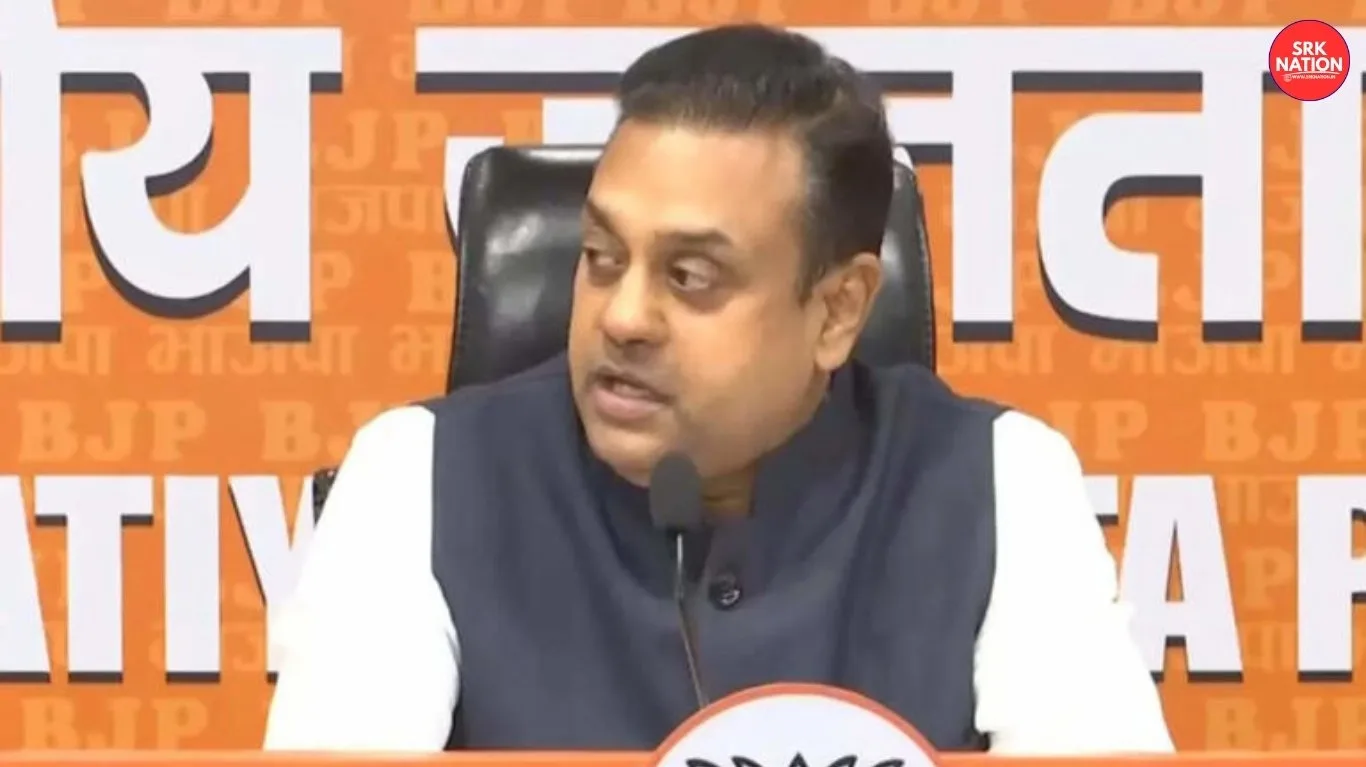In a landmark judgment that concludes nearly two decades of legal proceedings, the Supreme Court of India on November 11, 2025, acquitted Surendra Koli in the final pending case related to the infamous Nithari serial killings. The apex court allowed Koli’s curative petition, setting aside his conviction and life sentence, and ordered his immediate release if not wanted in any other case.
The Nithari Killings: A Recap of India’s Most Gruesome Serial Crime
The Nithari killings came to light in December 2006 when skeletal remains of children were discovered in a drain behind the residence of businessman Moninder Singh Pandher in Noida’s Nithari village. The case shocked the nation due to its horrifying nature—allegations of abduction, rape, murder, and even cannibalism.
| Year | Event |
|---|---|
| 2006 | Discovery of human remains in Nithari |
| 2007 | Surendra Koli and Moninder Singh Pandher arrested |
| 2011 | Supreme Court upholds Koli’s conviction in one case |
| 2014–2023 | Koli acquitted in 12 out of 13 cases |
| 2025 | Final acquittal by Supreme Court |
Supreme Court’s Verdict and Legal Reasoning
The three-judge bench comprising Chief Justice B.R. Gavai, Justice Surya Kant, and Justice Vikram Nath ruled that maintaining Koli’s conviction in just one case was untenable, especially after he had been acquitted in 12 other cases arising from the same set of facts and evidence.
The court observed that the 2011 conviction could not be sustained in isolation and that the curative petition raised substantial grounds for review. “The petitioner is acquitted of the charges. The petitioner shall be released forthwith,” Justice Nath stated while delivering the verdict.
Legal Timeline of Surendra Koli’s Trials
| Case No. | Year of Conviction | Status Before 2025 | Final Status |
|---|---|---|---|
| 1–12 | 2007–2013 | Acquitted by Allahabad HC | Acquitted |
| 13 (Deepali case) | 2011 | Conviction upheld by SC | Acquitted in 2025 |
Public and Legal Reactions
The verdict has sparked a wave of mixed reactions. Legal experts have hailed the decision as a reaffirmation of the principle that convictions must be based on consistent and corroborated evidence. However, families of the victims expressed anguish, questioning the justice system’s ability to deliver closure.
Human rights advocates have also raised concerns about the prolonged incarceration of Koli, who spent over 16 years in prison, including time on death row.
Moninder Singh Pandher’s Legal Status
Moninder Singh Pandher, Koli’s employer and co-accused, was acquitted in several cases and is currently out on bail. The Supreme Court’s latest ruling does not directly impact his legal status, but it may influence pending appeals and public perception.
Forensic and Investigative Gaps
The Nithari case highlighted serious lapses in forensic handling, evidence collection, and procedural integrity. Several convictions were overturned due to:
- Lack of direct evidence
- Inconsistent witness testimonies
- Procedural violations during investigation
| Investigation Aspect | Issue Identified |
|---|---|
| Forensic Evidence | Contaminated or missing |
| Witness Testimony | Contradictory statements |
| Confession | Allegedly extracted under duress |
| Legal Representation | Inadequate defense in early trials |
Broader Implications for India’s Criminal Justice System
The Supreme Court’s decision underscores the importance of:
- Ensuring fair trials and legal representation
- Avoiding media trials and public pressure on judiciary
- Strengthening forensic and investigative protocols
- Reviewing death penalty jurisprudence in complex cases
Conclusion
The acquittal of Surendra Koli in the final Nithari killings case brings an end to one of India’s most sensational and disturbing criminal sagas. While the verdict restores Koli’s legal innocence, it also reopens debates on justice, accountability, and systemic reform. As the nation reflects on the case, the focus must now shift to ensuring that such investigative and judicial failures are not repeated.
Disclaimer: This article is based on publicly available court documents and media reports. It does not constitute legal opinion or endorsement of any party involved. Readers are advised to consult official sources for verified updates.

